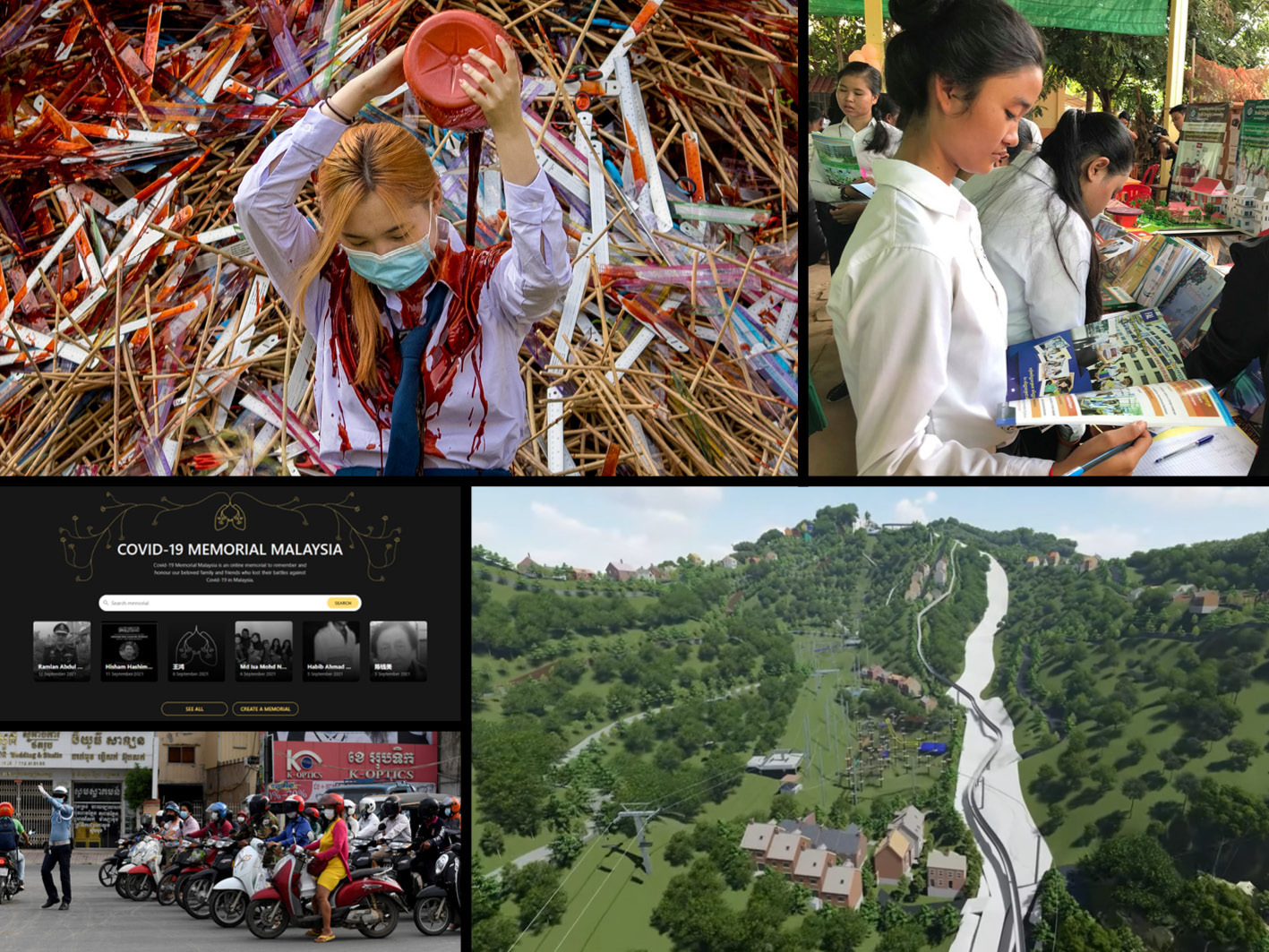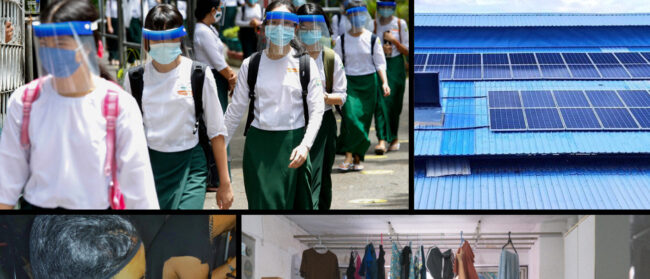Hello Globe readers, thanks for checking out the weekly editorial! This week, both Thailand and Vietnam announced plans to welcome vaccinated tourists to select destinations, even as each country’s daily Covid-19 counts average well above 10,000 cases. As has long been the case, pandemic-hit Southeast Asian countries weigh their tourism-dependent economies against an unabated public health crisis.
For now, Vietnam’s Ho Chi Minh city remains on lockdown with less than 10% of the country fully vaccinated, but the popular island of Phu Quoc will soon open for travellers. Likewise, Thailand’s initial plans to reopen Bangkok at the start of October are being pushed back a couple weeks to allow more residents to receive vaccinations. Although Thailand has waived quarantine for vaccinated visitors staying on Phuket’s beaches, the so-called Sandbox experiment has led to a case surge on the island and a rush by residents for third-dose booster shots. But the 26,000 visitors to Phuket since its opening in July, 2021 have generated nearly $50 million for the starved economy, leading local tourism businesses to clamor for more. Several other regions besides Bangkok will reopen soon and welcome vaccinated visitors, including Chiang Mai. Personally, I’m not planning to visit anytime soon.
I have my own view of tourism vs. public health here in Siem Reap, where even the most resilient and determined local businesses are being slowly asphyxiated by the lack of visitors. A strong vaccination campaign has not hampered the spread of the virus in Cambodia or Siem Reap itself, and the city soon could become a “red zone” with tougher lockdown restrictions to complement a Covid-inspired alcohol ban. As one local bar owner lamented, “My business is based on alcohol and tourists and they’re both gone.”
As you’ll see from our features this week, while the pandemic continues to affect the mental health of many, there are also ongoing plans from cities, NGOs and businesses to prepare for the inevitable future — for better or worse, as our reporters share.
Here’s what we’ve got for you:
Although tropical Malaysia is one of the last places you might think to go skiing, a theme park developer plans to build a dry-snow ski resort in the popular tourist destination of Cameron Highlands. Conservationists, locals and Malaysian social media are outraged over the developer’s lack of transparency and fear the ski resort will worsen deforestation and other environmental impacts, reports Ashley Yeong.
Many young Cambodians lack information and guidance to help them find jobs to develop and grow their skills before and after graduation, but NGOs like Caring for Cambodia are working to connect students to career-building opportunities, reports Stew Post. Caring for Cambodia offers a career-prep programme to translate classroom learning into meaningful jobs, highlighting an approach to help close Cambodia’s skills gap.
The Thai education system is wreaking havoc on the mental health of students, who have banded together in protests over the problematic policies and pedagogy underpinning their online learning system, writes columnist Mark Cogan. Government attempts at reform have failed due to entrenched disparities in technology access and an outdated curriculum ill-suited to remote learning, while meaningful mental health services remain lacking.
Malaysians have come together to launch a website commemorating the more than 21,000 fellow citizens who have died from Covid-19, reports the prolific Ashley Yeong. Produced by strangers who met online through their shared frustration over the high, ongoing death toll, the memorial humanizes the lives that continue to be lost.
As Phnom Penh plans to introduce a citywide light rail in the next few years, the city should reflect on why previous public transit options failed to catch on, argues guest writer Ses Aronsakda.


